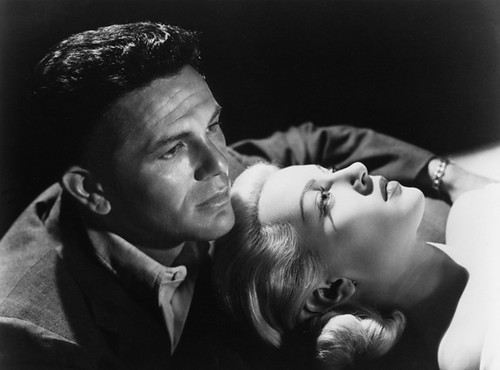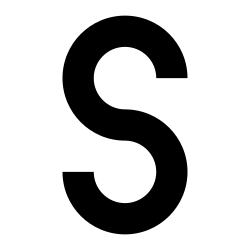James M. Cain published The Postman Always Rings Twice in 1934, and gained notoriety at once. The book is quick, thrilling and (in its day) quite controversial. The novel was banned in Boston for its sexy scenes and themes of violence. But it didn't really get sexy until the 1940s, when Lana Turner helped turn it into a movie.
The Book
The story begins with Frank Chambers, a roustabout who travels from place to place. Right now he's in California and he has wandered into a diner that just so happens to need a helping hand. Frank's always looking for work to make quick money...and there's another incentive.
The diner is owned by Nick Papadakis, an older man with a very young, beautiful wife. Frank is interested at once, and not much troubled by morals. The two begin an affair quickly, because Cora is only too willing. From the very start, there's a level of violence to their relationship.
Cora plainly doesn't love Nick, and she's eager to improve her situation. Together, Cora and Frank plot to kill Nick. This way, Cora can keep the diner and she won't be burdened by the old guy. They want it to look like he has fallen and drowned in the tub, so Cora wallops Nick good with a strong blow. But then the power goes out and a cop unexpectedly arrives, and the plan sours.
Nick doesn't die. He recovers, but lingering memory loss protects the scheming Cora. So Cora and Frank try again. This time, they stage a car accident. Both Frank and Cora are injured in the attempt, and Nick dies.
The prosecutor knows the sexy young wife and the handsome drifter are guilty, but there isn't enough evidence to link them to the crime. He uses trickery to get what he wants by charging just Cora with the murder. She immediately rolls over on Frank and tells the cops about his role in the murder, damning herself at the same time. A clever lawyer steps in, however, and for a brief moment it seems that Frank and Cora will live happily-ever-after...until Cora dies in a car accident.
This time, the prosecutor is able to make murder charges stick...on Frank, for Cora's death. At the end of the book Frank is on death row, and the ambiguous title of the book is never explained. The explanation comes later, after the story is turned into a film.
The Movie
The most famous adaptation of The Postman Always Rings Twice was made in 1946 with Lana Turner and John Garfield. The movie follows the book quite faithfully until the very end. The writers tacked a speech on to the end of Frank's life, wherein he explains the title.
This happens when he sort of admits that being executed for Cora's murder, a crime he did not commit, is what he deserves. He says it's because the Postman is ringing twice. "He rang twice for Cora, now he's ringing twice for me." It means that if the Postman can't deliver your package (or your fate) the first time, he'll ring you again.
The film version of this book almost didn't get made. MGM bought the rights more than a decade before they turned it into a film. But when Paramount started making another adaptation of a Cain novel (Double Indemnity), the studio decided to proceed.
What Got Adapted?
There are various visual tricks used in the film that you can't find in the book. In the first scenes, Lana Turned is pictured wearing white. But once Cora conspires to commit a crime, her outfits become all black. This shows the evil of her character. Cora doesn't look like Lana Turner in the novel (she isn't blonde or completely gorgeous), but moviegoers didn't care. She's a little too perfect and too glamorous for the role, but her beautiful evil makes the movie a can't-miss attraction.



























